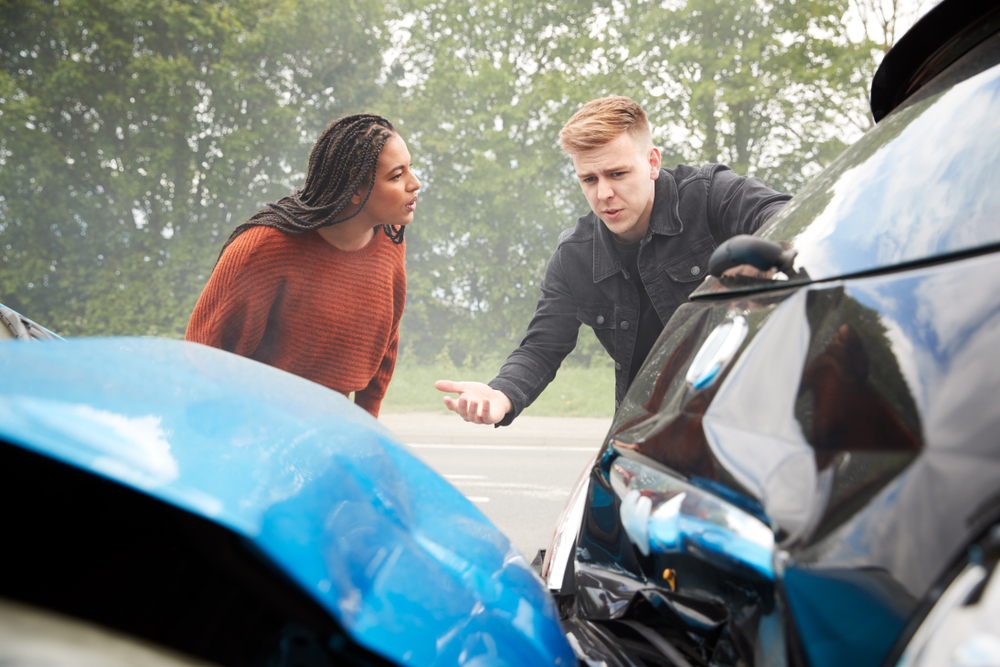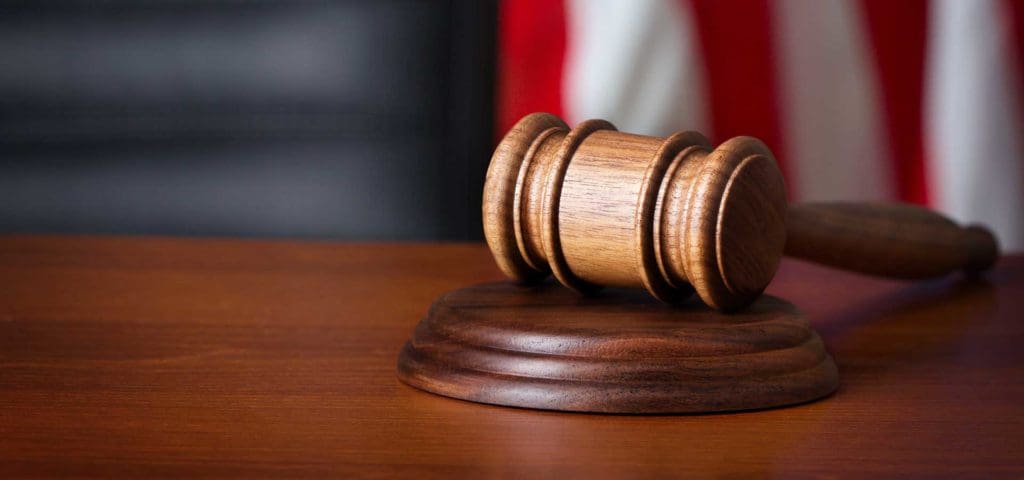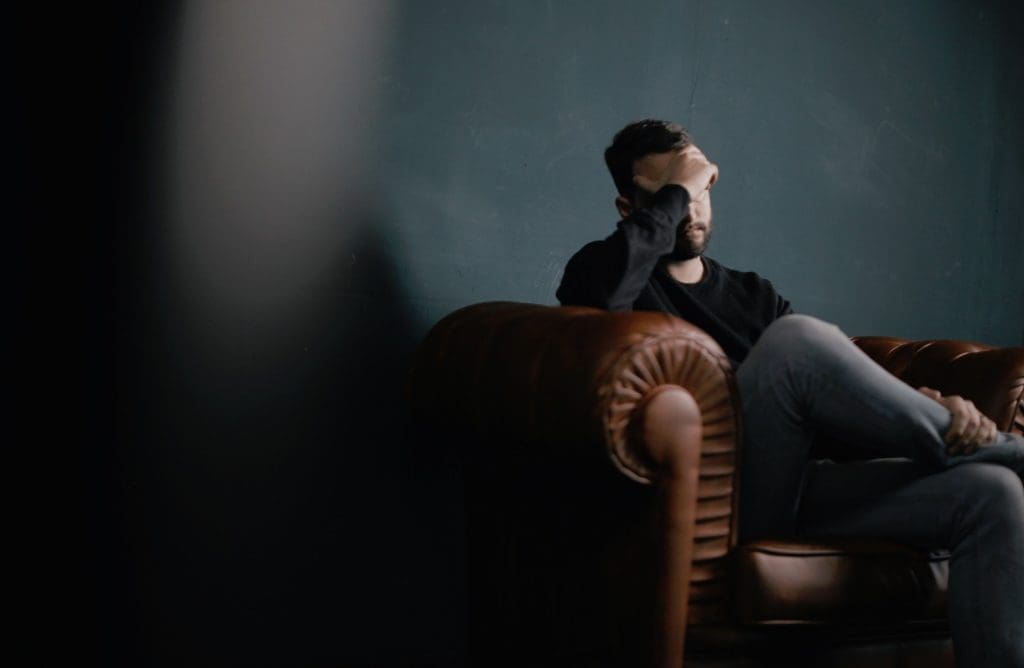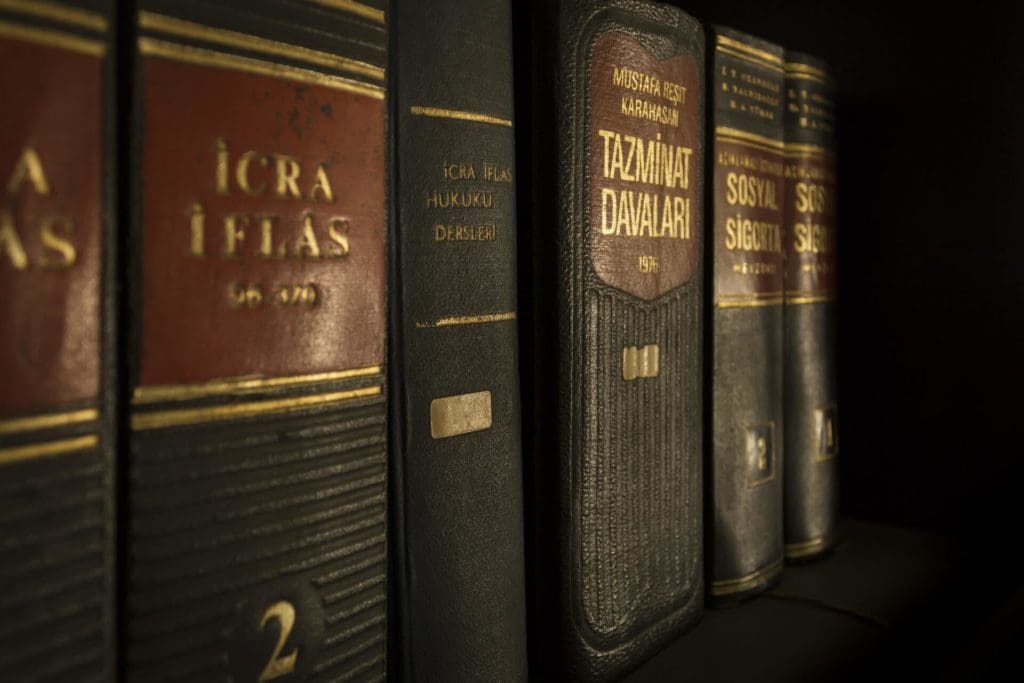Commercial motor vehicle accidents can occur in a variety of manners. Common accident scenarios involving a commercial vehicle can be grouped into three broad categories:
- Single-Vehicle Accidents
- Vehicle-Pedestrian Accidents
- Two (or more) Vehicle Collisions
At Weatherby Law Firm, we focus on bodily injury claims resulting from accidents with commercial motor vehicles. As such, we limit the coverage in this Manual to the latter scenarios. We have handled over 60 truck accident cases, including many instances in each category.
Common Impacts with Any Type of Commercial Vehicle
Common scenarios involving civilian passenger and commercial vehicle collisions include the following:
Direct (Head-On) Collision
This normally takes place when one vehicle veers into the oncoming lane. It also arises when a vehicle accidentally enters a one-way street or lane.
T-Bone
A T-bone collision most commonly occurs when one vehicle runs a stop sign or red light, when a vehicle is backing out into a street, or when a vehicle pulls out in front of oncoming traffic to cross an intersection or to make a turn.
Rear End
A rear-end collision is perhaps the most common type. This occurs most frequently when a vehicle is following too closely.
Back-Up Collision
A back-up collision is when one vehicle cannot see the person or property to the rear of the vehicle and backs into it. The most tragic of these cases occur when children are playing in the street and a driver fails to adequately inspect the area or has limited vision behind the vehicle.
Stopped Vehicles
Commercial trucks often break down or have to stop on the side or middle of the roadway (such as trucks offloading deliveries). This often results in an accident when unaware motorists fail to recognize the stopped vehicle and crash into it or other vehicles in an attempt to avoid the stopped vehicle. (The commercial driver may be to blame when, for example, they fail to place warning markers behind the vehicle).
Improper Maneuvers
The term improper maneuver is a very broad descriptor for when a truck driver fails to follow the Rules of the Road. Many, many scenarios constitute an improper maneuver. Some common examples include:
Lane Change
Improper changing of lanes and/or merging into another vehicle.
Narrow Turn
The commercial vehicle turns too sharply and contacts a stationary vehicle.
Wide Turn
The rules under which large commercial trucks operate, including the CDL Manual and FMCSR, set forth specific rules about how large trucks should complete turns without putting other drivers at risk.
Left Turn
Left turns require a driver to cross a lane of traffic to enter the road. Accidents can occur with traffic coming from either direction. Also, the time it takes to complete the turn is longer, thus exposing the driver to an increased risk of collision with fast-moving vehicles.
The above-referenced accidents are common across all commercial vehicles. Next, let’s take a look at some types of accidents common to big rigs.
Common Impacts with Tractor-Trailers
The types of accidents that we want to address with greater specificity in this Manual are accidents involving tractor-trailers. At first glance, it may seem that this type of vehicle accident is easy to understand or straightforward. It is worth noting that various collisions or accidents are unique to trucks and trailer combinations. Some common forms of truck and trailer accidents include:
Jack Knife
A jackknife happens when the trailer swings out wide to form a near 90-degree angle with the truck that is pulling it. It often happens as a result of hard braking (fast stop) by the truck or when the brakes on the trailer are not properly engaging. It may also be caused by the weight of the trailer making the wheels of the trailer lose traction, pushing the tractor or trailer sideways. Fast stops from high rates of speed, braking while going down steep hills, and hard braking on slippery roads are some other common scenarios resulting in jackknives. In any situation, the trailer (rather than staying in line with the truck) either swings outside of the truck or pushes the truck sideways.
Underride
Large commercial trailers often sit high on the trailer’s chassis (above the height of the wheels) to allow for maximum flat hauling surface on the trailer. An underride is when a smaller vehicle crashes into the trailer, and that vehicle goes underneath the trailer chassis. Regulations require underride guards on trailers just for this reason. This type of crash is typically catastrophic, as occupants of passenger vehicles are particularly vulnerable in such an accident. An underride may occur from the side (while turning) or rear of the vehicle.
We handled a particularly catastrophic underride case involving a high-speed police chase. The result was a civilian vehicle that went fully underneath the trailer, removing the roof section. Two persons were killed, and three children were seriously injured. After no pre-suit offer from the defendants, we filed suit and ultimately negotiated a full policy limits resolution for our client.
Overturn or Rollover
Any vehicle is susceptible to overturn or rollover. Vehicles that sit higher on the frame, especially those with narrow wheel bases, are more likely to overturn in an accident. Trucks pulling a trailer carry a high rollover risk, as the weight of the trailer can overturn the truck. The risk of rollover increases with the weight of goods on the trailer, the height at which the goods are loaded, tire blowouts, load shifting, and the speed of travel or turning.
Pro Note: An overturn or rollover case may be paired with another type of case, such as falling cargo. In such a situation, several potential regulations may be implicated, which makes paying particular attention to the rules essential.
Falling Cargo
Falling cargo occurs when poorly secured items fall from a vehicle or trailer. Liability results when the cargo hits other vehicles or pedestrians or creates a roadway hazard that causes a subsequent collision. Cargo falls may be an issue for flat, open-bed, or open-top trailers. These configurations are common for vehicles hauling building materials, industrial parts, machinery, vehicles, etc. The cargo may be improperly loaded or not secured appropriately. Cargo that is loaded at the beginning of a trip may shift to become insecure during travel, such as when the driver hits large bumps or takes sharp turns. As such, failure to stop and conduct load inspections becomes relevant. Also, falling cargo issues arise in conjunction with other forms of trailer-related accidents (such as the jackknife). For this reason, the Federal Motor Carrier Safety Regulations and Georgia law require drivers to inspect their loads at various points in the transportation process.
Our point in describing these various types of vehicle accidents is to make you aware of how diverse CMV accidents can be. Some collisions may involve two or more of the above-referenced types of collision. For example, a truck that jack-knifes in the road may sideswipe some vehicles and rear-end another — all while the trailer swings wide into an oncoming lane and causes a head-on collision. As you can tell, the potential for tragic scenarios in a large-vehicle collision is extremely broad.
Contact An Atlanta Commercial Motor Vehicle Attorney Today
At Weatherby Law Firm, we have handled numerous different types of commercial motor vehicle accidents. In a recent case, we represented a young doctor who was traveling caravan-style with her mother to visit a home for sale. It was a sunny, bright day. The daughter was following closely behind the mother’s car when a truck hauling steel careened into the back of her, causing severe injuries. The photographs of the accident demonstrated that she was inches from losing her life. After reconstructing the accident, we determined the driver for the steel hauler had been distracted or asleep. Get in touch with us today so we can schedule a free consultation and review your case.









